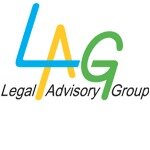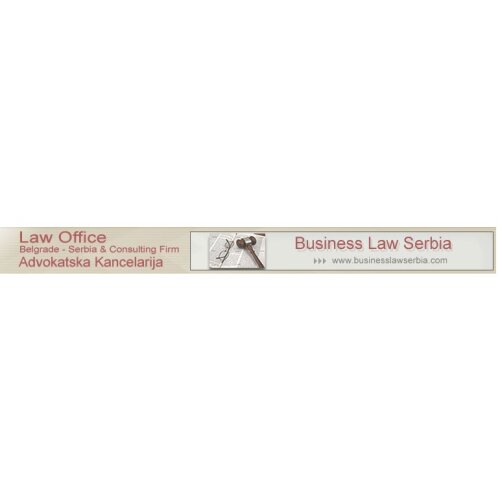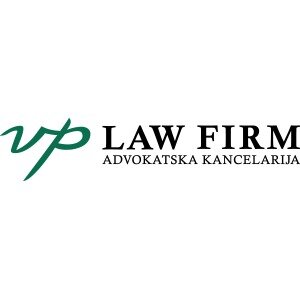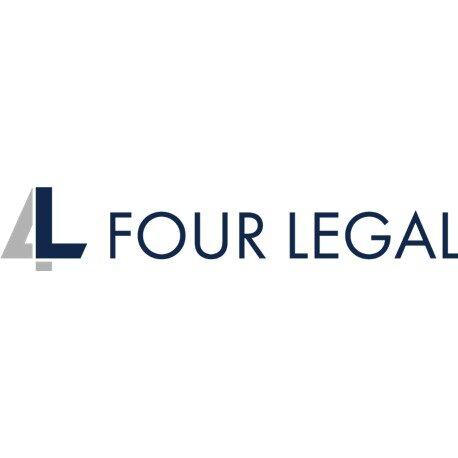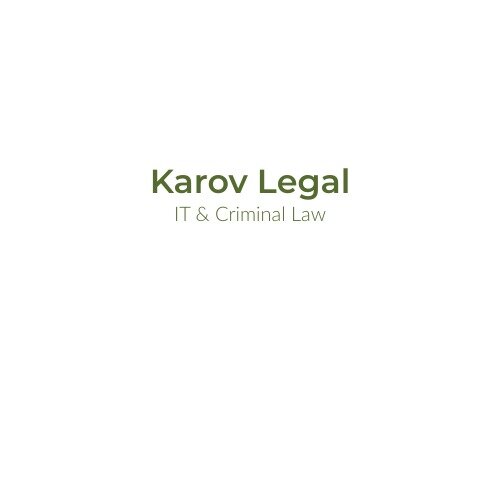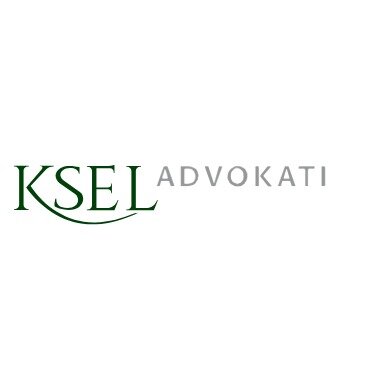Best Energy Regulatory Law Lawyers in Serbia
Share your needs with us, get contacted by law firms.
Free. Takes 2 min.
Or refine your search by selecting a city:
List of the best lawyers in Serbia
Legal guides written by Business Law office - Advokatska Kancelarija:
- Why Invest In Serbia
About Energy Regulatory Law in Serbia
Energy Regulatory Law in Serbia is a specialized branch of law that governs the production, transmission, distribution, and supply of energy, including electricity, natural gas, and renewable energy sources. This legal field is shaped by Serbian national legislation, international agreements, and the ongoing process of Serbia’s alignment with European Union (EU) energy directives. The aim is to ensure transparent, fair, and competitive energy markets, protect consumers, promote investment in energy infrastructure, and support the transition to cleaner forms of energy.
Why You May Need a Lawyer
There are many situations where individuals, businesses, or foreign investors might require legal assistance with Energy Regulatory Law in Serbia. Common scenarios include:
- Navigating the process of obtaining licenses or permits for energy production or distribution
- Complying with regulatory requirements imposed by Serbian authorities
- Resolving disputes with energy suppliers or government agencies
- Drafting and negotiating energy infrastructure contracts
- Structuring renewable energy projects or investments
- Understanding tariff systems and pricing regulations
- Adhering to environmental and safety standards mandated for energy projects
- Participating in public tenders for energy-related concessions
Given the complexity of energy regulations and the rapidly evolving legal landscape, legal counsel can help clarify obligations, prevent costly errors, and represent clients before regulatory agencies or in court.
Local Laws Overview
The key aspects of Serbian Energy Regulatory Law include:
- The Law on Energy, which establishes the legal framework for the energy sector, including market rules, licensing, consumer rights, and regulatory oversight
- The role of the Energy Agency of the Republic of Serbia (AERS), the main regulatory authority responsible for implementing energy policy, granting licenses, and monitoring compliance
- Alignment with the European Union’s Third Energy Package and Energy Community regulations, shaping market liberalization and competition
- Regulations on renewable energy, such as incentive schemes, power purchase agreements, and commitments to increase the share of renewables in Serbia’s energy mix
- Tariff methodologies and price-setting for electricity, gas, heat, and related services, designed to balance investment incentives with consumer protection
- Rules concerning grid access, interconnection, and the rights and duties of market participants
- Environmental protection and energy efficiency requirements in line with EU standards
These laws and regulations require careful attention for anyone operating or investing in Serbia’s energy sector, making experienced legal guidance invaluable.
Frequently Asked Questions
What is the main law governing the energy sector in Serbia?
The Law on Energy is the foundational piece of legislation, providing the framework for market organization, licensing, consumer rights, and regulatory supervision.
Who is the main energy regulatory authority in Serbia?
The Energy Agency of the Republic of Serbia (AERS) is the independent regulatory authority overseeing licensing, monitoring, and enforcement in the energy sector.
Are there incentives for investing in renewable energy?
Yes, Serbia offers various support mechanisms such as feed-in tariffs and guaranteed purchase agreements for certain types of renewable energy projects. These incentives are periodically updated based on national policy goals.
How are energy tariffs and prices regulated?
Tariffs for electricity, gas, and other energy services are set through methodologies developed by AERS to ensure transparency, balance investment, and protect consumers from excessive pricing.
What licenses are needed to operate in the Serbian energy sector?
Entities wishing to generate, distribute, supply, or trade energy must obtain specific licenses from the Energy Agency. Types of licenses depend on the scale and nature of the activity.
How does Serbia align with European Union energy regulations?
Serbia is a member of the Energy Community and is actively aligning its laws with the EU acquis communautaire, particularly regarding market liberalization, competition, and environment standards.
What are the main challenges for foreign investors in Serbia’s energy sector?
Challenges include navigating local legal requirements, securing permits, understanding support schemes for renewables, dealing with local authorities, and ensuring compliance with both national and EU regulations.
How are disputes in the energy sector resolved?
Disputes may be resolved through regulatory procedures at AERS, arbitration, or litigation before Serbian courts. Legal support is crucial for protecting your interests and understanding procedural rules.
What environmental obligations must energy companies meet?
Energy companies must comply with environmental protection laws, obtain necessary environmental permits, and adhere to energy efficiency and emissions standards established by both Serbian and EU law.
Is there a process for connecting renewable energy facilities to the grid?
Yes, there is a formal process involving application submission to the transmission or distribution system operator, technical assessments, and meeting all regulatory and safety requirements.
Additional Resources
Here are some helpful resources and organizations in Serbia relevant to Energy Regulatory Law:
- Energy Agency of the Republic of Serbia (AERS)
- Ministry of Mining and Energy of the Republic of Serbia
- Serbian Chamber of Commerce - Energy Department
- Energy Community Secretariat
- Serbian Renewable Energy Association
- Official Gazette of the Republic of Serbia (for access to current laws and regulations)
Next Steps
If you require legal assistance in the field of Energy Regulatory Law in Serbia, it is recommended to:
- Gather relevant documentation regarding your issue, project, or business plan
- Identify your specific legal needs, such as licensing, permits, contract negotiation, dispute resolution, or regulatory compliance
- Consult with a qualified Serbian lawyer or law firm that specializes in energy law for tailored advice
- Engage your legal counsel early in the process to assist with applications, negotiations, or potential disputes
- Stay informed about changes in energy regulations, incentive programs, and market developments
Qualified legal support can help you avoid legal pitfalls, optimize your operations, and ensure that your activities in Serbia’s energy sector are carried out efficiently and in compliance with all relevant laws.
Lawzana helps you find the best lawyers and law firms in Serbia through a curated and pre-screened list of qualified legal professionals. Our platform offers rankings and detailed profiles of attorneys and law firms, allowing you to compare based on practice areas, including Energy Regulatory Law, experience, and client feedback.
Each profile includes a description of the firm's areas of practice, client reviews, team members and partners, year of establishment, spoken languages, office locations, contact information, social media presence, and any published articles or resources. Most firms on our platform speak English and are experienced in both local and international legal matters.
Get a quote from top-rated law firms in Serbia — quickly, securely, and without unnecessary hassle.
Disclaimer:
The information provided on this page is for general informational purposes only and does not constitute legal advice. While we strive to ensure the accuracy and relevance of the content, legal information may change over time, and interpretations of the law can vary. You should always consult with a qualified legal professional for advice specific to your situation.
We disclaim all liability for actions taken or not taken based on the content of this page. If you believe any information is incorrect or outdated, please contact us, and we will review and update it where appropriate.
Browse energy regulatory law law firms by city in Serbia
Refine your search by selecting a city.



